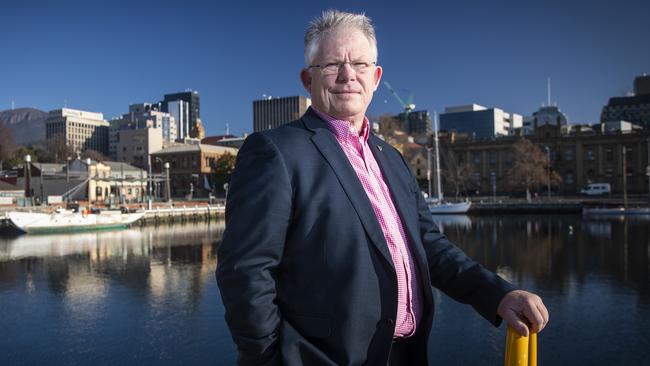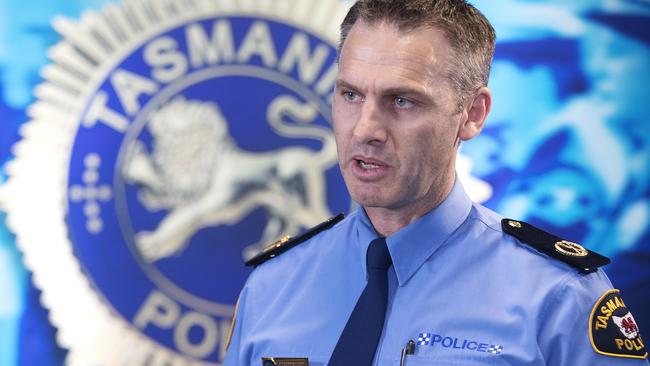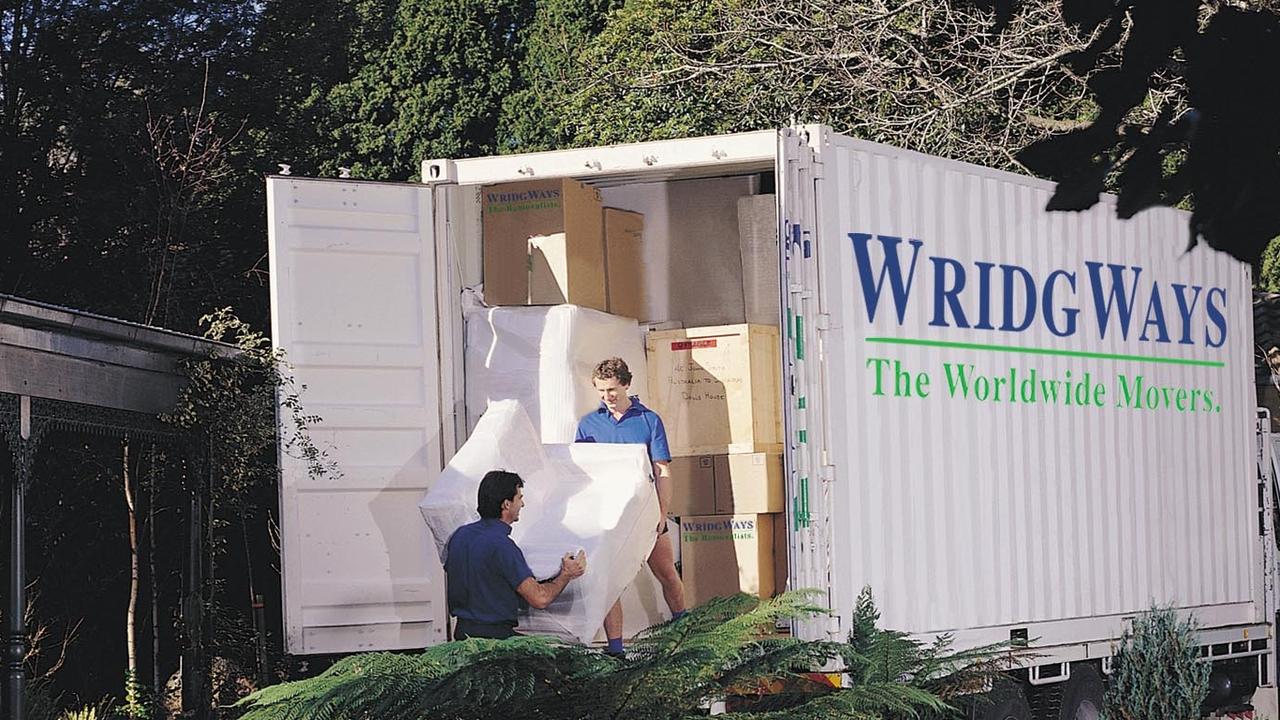Thirteen improvement notices have been issued to Tasmanian businesses after more than 2000 COVID-related inspections
The amount of sanctions given to Tasmanian businesses following coronavirus safety inspections has been revealed, but not everyone is pleased at the process. FIND OUT HOW MANY NOTICES WERE ISSUED >>
News
Don't miss out on the headlines from News. Followed categories will be added to My News.
- What Tassie’s virus exit strategy could look like
- Brothels had more notice of shutdown than racing, inquiry told
- Councils ‘resilient’ but worried about second virus wave
TASMANIAN businesses have been slapped with more than a dozen improvement notices as part of a blitz by authorities to enforce compliance with coronavirus safety rules.
Thirteen of the notices have been issued among more than 2000 inspections of businesses since April that are being performed by WorkSafe Tasmania and Tasmania Police.
It comes amid criticism by a peak Tasmanian business group that the process was intimidating for staff and patrons given the state was currently free of the dreaded virus.
The improvement notices have been issued for various reasons, with some relating to failure to adhere to physical distancing requirements.
A Department of Justice spokesman said one prohibition notice was also dealt out to a business for failure to remove immediate risk to people resulting from “standing, mixing, dancing” and not maintaining physical separation at a venue that was serving alcohol.
Since April 1, there has been 2041 compliance inspections at Tasmanian businesses, including 572 last month.
No fines have been issued.
The spokesman said WorkSafe had been taking an “educative approach” with notices only issued in instances of heightened risk or repeated noncompliance.
“The vast majority of businesses and venues have been compliant and have made proactive and concerted efforts to ensure the safety of their staff, patrons and customers,’’ he said.

But the Tasmanian Small Business Council has voiced its displeasure at the process, with chief executive Robert Mallett describing the checks as “excessively intimidating”.
Mr Mallett gave a recent example of a restaurant in the state’s north where several uniform police and plain-clothed workers assumed to be WorkSafe came to inspect the business.
He said the blitz had caused “grief, heartache and anger” in the hospitality sector” and said in some cases, officers had inspected businesses without introducing themselves.
“We set these COVID-ready rules in place some eight weeks ago now and it was fair enough because we had current cases in Tasmania,’’ Mr Mallett said.
“We’re now two months down the track … and in the absence of any genuine threat, you would think authorities would be taking a slightly softer approach to compliance, but that’s not the case and that’s really disappointing.”

Tasmania Police Assistant Commissioner Jonathan Higgins said the force had been working with WorkSafe Tasmania to monitor compliance of COVID-19 directions in the state’s businesses.
He said infringements were only issued as a last resort, with three businesses being warned and two receiving a caution about compliance with coronavirus restrictions.
“The majority of businesses and patrons are doing the right thing,’’ he said.
“We are providing advice and education where compliance could be improved.
“Tasmania Police regularly patrol Tasmania’s entertainment districts, making sure both businesses and people are acting responsibly around licenced venues.”
Businesses are required to comply with minimum standards to manage COVID-19 risks in workplaces, and have been enforced since June 15.
The standards include managing the risk of COVID-19 spread, cleaning schedules, good hygiene procedures, physical distancing, and ensuring appropriate training and supervision on COVID-safe practices.
Last week, a group of Tasmanian business leaders and owners called for the state’s borders to remain closed but for the state’s internal restrictions to be eased to stimulate trade.
But Premier Peter Gutwein and Public Health officials said coronavirus rules like social distancing and gathering limits would be in place for many months.


